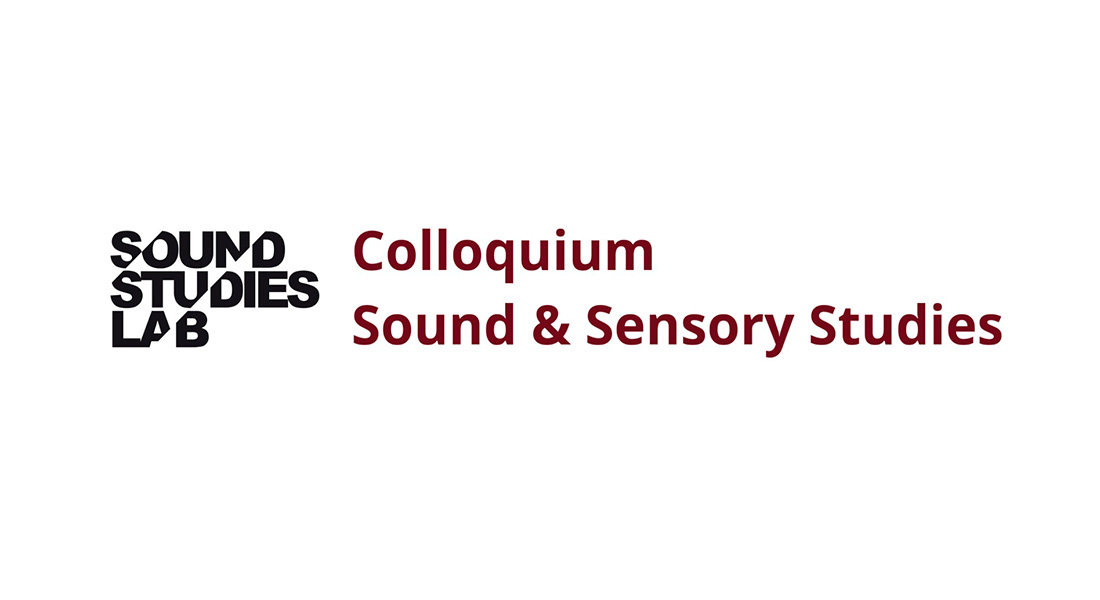European Dance Music Cultures and Sound
Presenter: Jack McNeill (University of York, UK)

Abstract
In recent years, the discourse in the growing field of Dance Music Cultures (DMCs) has primarily centred around musical, social and/or historical aspects of the field.
Building upon the work of a small, but significant and growing body of work that considers DMCs from a more theoretical perspective, this presentation will consider the role that sound has to play in European DMCs from a Sound Studies perspective: how might sound technologies and architectural spaces be indicative of a culture’s sonic ecology? What further work can be done to define the ‘sound’ of a city? And what role do voices play in the generation, sustainability, and sometimes disintegration of DMCs?
Feeding into a larger research project on the role of sound in DMCs, this presentation will provide a broad overview of the sonic structures in the field. Sound systems and architectural spaces are key technologies for the delivery and experience of dance music, but as structures, they also hold significant meaning. For example, London’s Soundsystem Culture provides a narrative device to describe the city’s rich migrant history, as well as feeding into its multifaceted contemporary DIY scene. Concomitantly, the former brownfield sites upon which Berlin’s club scene was built have greatly influenced its sonic identity. But in the face of ongoing gentrification, an increasingly neo-liberal club culture, and a rise in political conservativism, how are the sonic ecologies of these cities morphing? Subsequently, the notion of voice discussed broadly in sound Studies, might help to understand complex power dynamics between localised DMCs, city residents, and institutional infrastructures (local and national government, for example). Moreover, the notion of voice, more accurately defined in German as ‘Mitspracherecht’, might be a useful analytical tool in understanding how some communities’ voices within DMCs might be amplified or silenced.
